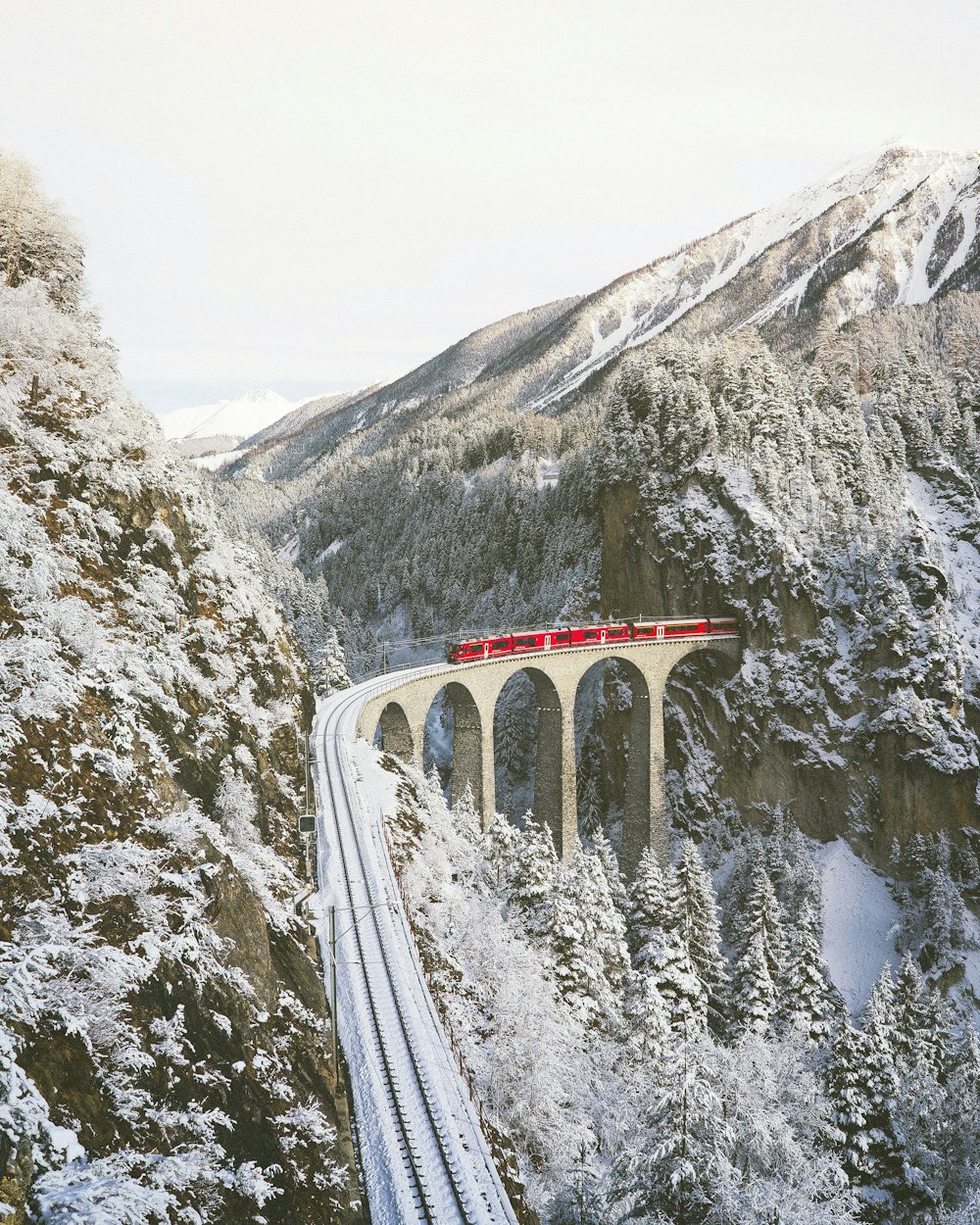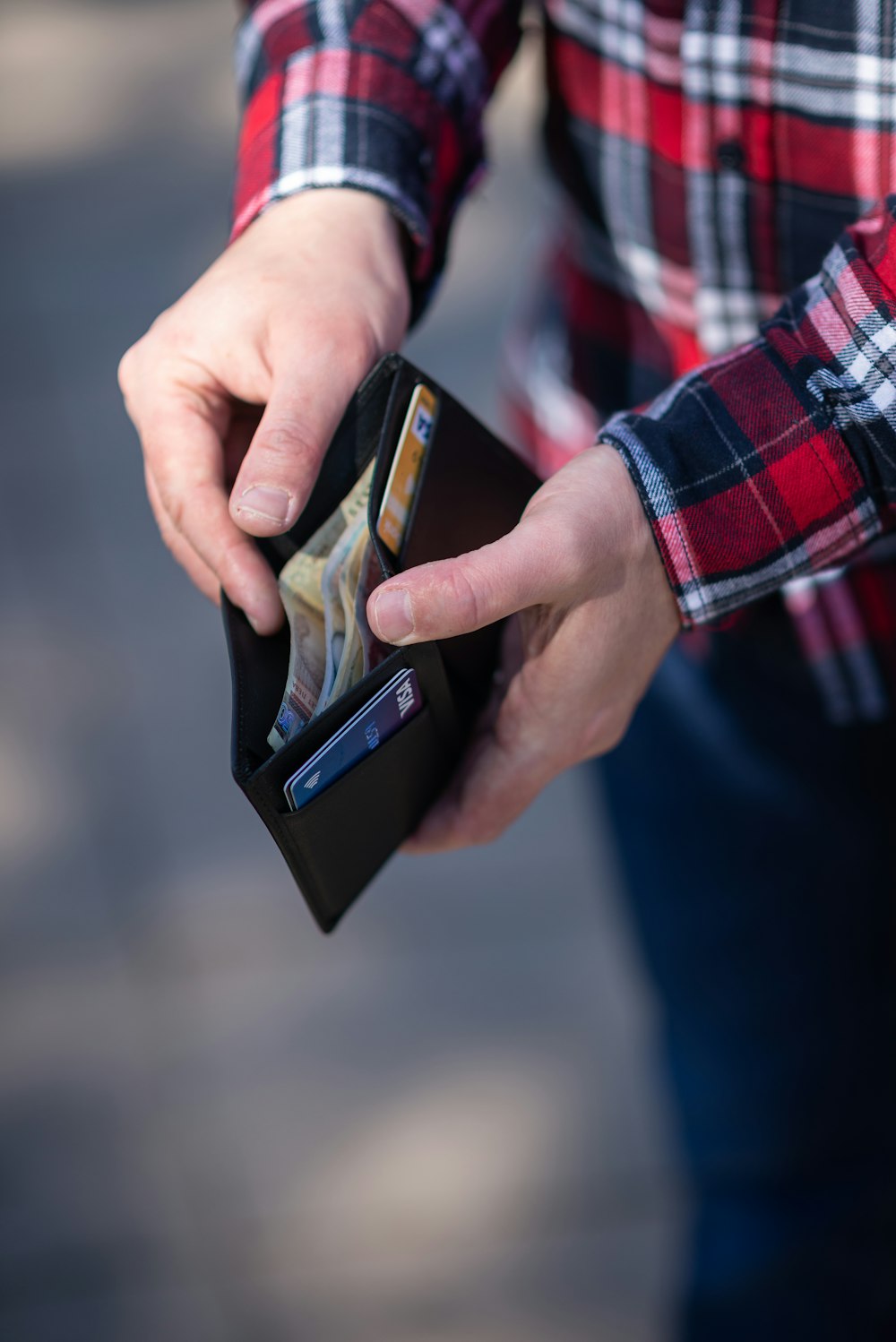Top 20 Things to Know Before Visiting Switzerland
I have dreamt of visiting Switzerland for years. The snow-capped Alps, quaint villages, delicious chocolate – Switzerland has always seemed like a real-life fairy tale. As I plan to embark on my Swiss adventure soon! I want to make sure I’m fully prepared, so I have been voraciously researching. I was surprised by quite a few things I didn’t know about visiting Switzerland.
From cultural customs I need to observe, to money matters, transportation insight, and safety concerns, there are many key things I am supposed to handle before my plane takes off. With the basics covered, I will be free to fully take in the majesty of the Swiss landscape, the centuries of history, and the warmth of the Swiss people. Join me on my journey through the top 20 things to know before visiting Switzerland.
1. Switzerland is Pricey

Photo by on
Switzerland is one of the most expensive countries in Europe and the world. Be prepared to pay top dollar for everything – hotels, eating out, sightseeing. A cheap hostel bed will cost $40* or more per night, a basic hotel room starts at $100+, a meal at an average restaurant is $30* to 50* per person not including drinks.
Budget lots of cash for attractions too – consider $50* for a museum entry. Costs add up extremely fast so set a generous daily budget. Research saving strategies like grocery shopping or picnic lunches to help cut costs. But don’t be deterred by the prices – Switzerland’s stunning natural landscapes and charming villages make it worth the spend.
2. Switzerland is Multilingual so, Brush Up on Languages
One very unique aspect of Switzerland is that it has four official national languages, depending on the region – German, French, Italian and Romansh. So be sure to look up which language is spoken where you’ll be travelling and learn a few key phrases. Knowing “hello”, “goodbye”, “please”, “thank you” in the local language will be appreciated.
The most widely spoken is Swiss German – an Alemannic dialect very different from standard German. French is common in Western areas near France and Italian towards the south. Romansh is rare – used by less than 1% in isolated pockets. English is also very widely spoken, especially in bigger cities and tourist areas, so language barriers can be easily overcome.
3. Tipping is not Required but Appreciated

Photo by on
Tipping is handled differently in Switzerland – you won’t be expected to leave 15-20%. Service charges are included in bills so tipping is not required or even common in most places. If the service provided was good, it’s appreciated to round up the bill or leave 5-10% at a restaurant or café. Other places where tipping would be nice but not necessary include taxis, hair salons, tour guides, bellhops etc. Don’t stress about the tip calculations and etiquette – a little extra change here and there or rounding up will suffice when you receive good service.
4. Getting Around Switzerland is a Breeze

Photo by on
Switzerland has an impeccably efficient, clean and punctual public transportation system that makes getting around a breeze without needing a rental car. Trains, buses, boats and trams will conveniently take you pretty much everywhere you want to go. Invest in a Swiss Travel Pass or half-fare travel card to save money if you’ll be using public transport a lot.
The scenic rail network run by SBB CFF is so reliable that you can set your watch by the arrival and departure times – don’t be late or you’ll literally miss the train! Between the trains, winding mountain roads and walking paths, transportation and accessibility in Switzerland is seamless. Switzerland has a dense network of PostBus routes – Covering smaller, remote mountain villages not serviced by rail routes.
5. Beware: Swiss Grocery Stores Close by Dinner

, , via Wikimedia Commons
Plan ahead when food shopping in Switzerland – grocery stores often close surprisingly early, unlike the 24/7 supermarkets in some countries. On weekdays, many shops lock their doors between 6-7 pm. On Saturdays, stores close even earlier from around 4-5 pm. Some grocery stores also remain closed on Sundays. So don’t get caught off guard when shops are shuttered just as dinnertime rolls around.
Make it a habit to buy any snacks, drinks or ingredients you’ll need for the next couple days earlier in the afternoons. Pop into grocery stores when you pass by one rather than waiting until later. With the earlier closing times, shopping is simply planned a bit differently in Switzerland so be prepared to get your errands done sooner.
6. Sundays are Quiet: Weekend Hours are Limited
Sundays in Switzerland tend to be very quiet and slower-paced – so enjoy a relaxing day! But don’t expect to be able to shop till you drop. Most stores are closed on Sundays across Switzerland, apart from at some larger train stations and in big cities. Sundays are reserved for family time and rest. Even malls, supermarkets and many restaurants will have shorter hours or be closed for the day.
Some tourist attractions such as museums are open on Sundays, but confirm ahead. Double check opening hours on Saturdays too – stores often close earlier than other weekdays. So spend Sundays enjoying the countryside or cultural sites rather than racing around town!
7. For the Swiss Cash is King: Plastic is Not Accepted Everywhere

Photo by on
Be prepared to carry cash if travelling in Switzerland because debit/credit cards have more limited usage compared to other countries. While they may be accepted at larger hotels or in big cities, plastic payment is not commonplace, especially at smaller businesses.
Make sure to always have enough Swiss francs in cash for purchases, food and transportation. ATMs are easy to find if in need of more cash. Another currency pointer – euros are rarely accepted even though Switzerland sits within central Europe. Stick to withdrawing and spending Swiss francs, the sole official currency. With the prevalence of cash and francs, Switzerland feels quainter and more traditional.
8. Swiss Chocolate is a Must-Try

Photo by on
No trip to Switzerland is complete without sampling copious amounts of glorious chocolate! Famous for producing some of the world’s finest premium chocolate, Switzerland has a long history of chocolate making excellence. Some of the most coveted Swiss chocolate brands include Lindt, Toblerone, Sprüngli, Frey and Cailler.
Treat yourself to artisanal chocolate at specialty boutiques. Or for total immersion, tour the factories and museums of brands like Lindt or Cailler followed by chocolate tastings – a chocoholic’s dream! When purchasing Swiss chocolate as gifts or souvenirs for those back home, you’ll have no shortage of options. Don’t be shy about doing plenty of tasting for quality assurance!
9. Savor the Cheese: Switzerland’s Iconic Dairy

, , via Wikimedia Commons
Switzerland is just as famous for its decadent dairy and cheese-making as it is for chocolate! Swiss cheese comes in endless mouthwatering varieties, each with distinct textures and tastes. Some iconic kinds include nutty Gruyère, Sweet Emmental with signature holes, and herbaceous Appenzeller studded with spices. Don’t leave without sampling a cheese tasting platter showcasing different regional specialities served alongside bread, fruit and wine.
Opt for a cheese fondue with bread cubes dipped into molten cheese for a quintessential Swiss dining experience. Visit charming cheese shops, dairies and creameries dotting the countryside landscapes to see production first-hand. Be sure to take home wedge of your favourite Swiss cheese as an edible souvenir that will transport your taste-buds right back to Switzerland whenever you slice it open.
10. The Drinking Age for Beer and Wine is 16 – But you Need to Be 18 to Buy Spirits

, , via Wikimedia Commons
Switzerland has slightly more relaxed rules regarding underage drinking compared to other countries. Beer and wine can legally be consumed at age 16, though distilled liquor is reserved for adults age 18+. Grocery stores, cafes and other venues may ask you to show an ID when purchasing alcohol to verify your age if you appear younger.
But you generally won’t get carded if ordering a drink alongside a meal at a restaurant for example. 16- and 17-year-olds can partake in wine or beer socially but should drink responsibly. Regardless of the drinking age specifics, public drunkenness and providing minors with alcohol are still prohibited.
11. Smoking Allowed in Designated Zones
While indoors and many public spaces in Switzerland are smoke-free, smoking is still permitted inside specifically designated hotel rooms and restaurant/bar smoking lounges. So don’t be surprised to get a faint whiff of smoke when walking past some indoor areas. There you may see groups smoking cigarettes, cigars or even the traditional Swiss pipe.
Thankfully these sealed off smoking zones prevent secondhand smoke from permeating the main dining rooms or halls. Just know cigarettes are still commonly sold and smoked in Switzerland – you’ll spot the odd ashtray around and even see smokers lighting up in permitted outdoor areas. But smoking regulations have grown considerably stricter over recent years for public health.
12. For the Swiss Staying on Schedule is Sacred
In famously efficient Switzerland, punctuality and sticking precisely to schedules is absolutely sacred. The Swiss pride themselves on timeliness regarding transportation, meetings, events and all appointments. So whether you’re racing to catch your train departure down to the exact minute or arriving for a restaurant reservation or tour group meeting, tardiness is extremely frowned upon. You certainly don’t want to cause any hold ups!
Allow ample extra buffer time in your trip planning and always show up early whenever expected somewhere at a particular time. The Swiss chronographic precision ensures everything runs smoothly like clockwork – but it’s up to you not to throw any wrenches in the works by being late and keeping others waiting!
13. Tax Free Shopping Available for Visitors in Switzerland

Image by from
Luckily for visitors, Switzerland offers a valuable Value Added Tax (VAT) refund program on shopping. Save up to 15% back on purchases over 300* CHF by having retailers validate a tax refund form and stamps on your receipts. Present everything at the airport when departing along with your passport and unused goods to get cash back or a credit card refund.
Eligible categories include watches, jewelry, apparel, sports equipment, electronics and more. Just ask, “Do you offer tax-free shopping?” when making pricier purchases. With luxury brands like Swatch and Omega watches or fine Swiss Army Knives and timepieces, the tax savings add up. Get acquainted with the tax refund process before big shopping sprees to reap the maximum rewards later.
14. Summer is Visitors High Season

, , via Wikimedia Commons
For reliably gorgeous weather, lively cultural festivals and buzzing activities, visit Switzerland in the peak summer months of June through August. Days are long and sunny with temperatures averaging a comfortable low 20°Cs. Wildflowers blanket the Alps. And summer sees frequent local celebrations like Zurich’s Street Parade mega-rave to Montreux Jazz Festival.
But be warned – hotels, trains and attractions charge inflated high season rates, especially in July and August when school holidays start. For smaller crowds and savings of 20-40% on lodging or ski passes, target shoulder seasons of late spring and early fall. Whenever visiting, prepare to be awestruck by Switzerland’s breathtaking landscapes and fairy tale charm!
15. Road Stickers are Mandatory
Don’t be caught driving on a Swiss highway or pass without the required vignette road sticker! These mandatory windshield stickers must be displayed when travelling on motorways and some alpine passes in Switzerland, Liechtenstein, and Austria. Passing cars will get ticketed without one. Vignettes provide road tax funds. Stop to buy your 40 CHF sticker when you first cross into Switzerland, have euros/credit card ready since Swiss francs likely won’t be accessible before entering.
Short validity stickers for 2 months or one year are available but most tourists can use the year-long version. With a valid vignette, you can enjoy scenic drives past snow-capped peaks and rolling green valleys in adherence to strict speed limits enforced by speed cameras and radars.
16. Drink Like a Local: Tap Water is Pure

Image by from
Switzerland’s famously fresh Alpine water supply undergoes rigorous purification treatment resulting in exceptionally clean drinking water – possibly the world’s best. So rather than creating plastic bottle waste by purchasing packaged water, simply fill up reusable bottles for free at public drinking fountains found all across cities.
Tap water is perfectly safe and tastes delicious. Go eco-friendly like the Swiss do by pairing restaurants meals with tap water rather than paying for overpriced bottled varieties. Why buy what nature provides for free? The Swiss certainly know best when it comes to sipping water in its purest form, straight from ice-cold mountain springs to the taps in their homes. Feel confident turning on any Swiss faucet knowing outflows some of the highest quality water on Earth!
17. Plan Well if you want to Conquer Swiss Peaks
Switzerland’s breathtaking alpine landscapes beg to be explored on foot for jaw-dropping vistas. But don’t head straight into the mountains unprepared – precautions are needed when embarking on mountain walks. Carefully research trails in advance, checking difficulty ratings, fitness required, markings and total elevation gains.
Choose beginner-friendly routes like mountain meadow wanderings unless highly experienced hiking at high altitudes. Check weather forecasts, trail reopening if snow-covered and avalanche advisory boards. Pack proper layered clothing, navigation devices and hiking boots with sturdy grip. Inform someone of your planned route and return time.
Bring emergency supplies too like first aid kits. Follow marked paths without detouring, watch for signs indicating dangers or closures. Moving slowly, pay heed to altitude sickness symptoms. With responsible preparation before mountain adventures in Switzerland’s spectacular peaks, exhilarating experiences await!
18. Patriotic Pride on Full Display

Image by from
Get ready to see Switzerland’s bold red and white flag absolutely everywhere during your travels, proudly waving in the mountain breezes! Adorned with a prominent white cross in the centre, the eye-catching Swiss banner flies over buildings, bridges, boats, trains and more.
Fluttering flags signify Swiss sovereignty and solidarity of the cantons. And they multiply even more leading up to huge nationwide celebrations for Swiss National Day annually on August 1, commemorating the country’s founding in 1891.
On National Day, don your best red and white clothes to blend in with revellers enjoying parades, music, speeches, fireworks and more patriotic festivities across every village. Beloved by the Swiss people, expect the iconic flag to be continually spotted high and low throughout your Switzerland stay as a testament to unwavering national pride.
19. Museums often Feature One Discounted Day
Switzerland overflows with world-class museums and galleries showcasing incredible art, historical artefacts, scientific innovations and more. While entrances can be upwards of $25*, many feature reduced rates certain evenings and days – usually Wednesdays or Saturday late afternoons extending into evenings. For example, the spectacular Musee Olympique spotlighting Olympic history in Lausanne offers half-price admission from 5 pm to 7 pm on most Wednesdays.
Take advantage to save big while still having sufficient time to browse sprawling collections. Every city and town likely has at least one museum boasting weekday or weekend late afternoon/evening discounts so you can feed your inner art and history buff on a budget! Consult regional tourism site listings ahead to pinpoint museums offering lowered rates for thrifty travellers.
20. Switzerland is Safe

Photo by on
While Switzerland dazzles with stunning nature, rich history, and efficient infrastructure, nothing defines the country more than its sheer feeling of law-abiding orderliness, stability and serenity. The Swiss take tremendous pride in their safe, peaceful communities with violent crime rates that are ultra-low compared to global standards. While petty crimes like pick pocketing infrequently occur at crowded tourist hubs, visitors can relax knowing Switzerland is among the safest and most secure countries on Earth.
Stroll charming old town lanes past quaint shops without worry. Venture out into nature alone confident you won’t run into dangers. Interact with kind locals who epitomise honesty. Switzerland’s pristine human landscape inspires the same awe as its mountain vistas. Bask in this fully paradise, grateful that beautiful places like these still exist.
Switzerland is a beautiful and fascinating country with much to offer visitors. From the stunning Alpine scenery, to the historic cities, to the delicious cheeses and chocolates, it has something to delight all tastes. While there are some high prices to contend with, budget-conscious traveller can still enjoy Switzerland’s charms. With its efficient public transportation system and generally welcoming atmosphere, navigating this unique country is made easier. Whether you’re looking for outdoor adventures, cultural experiences, or just relaxing in an idyllic mountain setting, Switzerland will imprint itself on your memory as an unforgettable travel destination. If you have the chance to go, take time to properly explore all that spectacular Switzerland has to offer.
Planning a trip to Paris ? Get ready !
These are ���������Dz�’�����������-����������Բ� travel products that you may need for coming to Paris.
Bookstore
- The best travel book : Rick Steves – Paris 2023 –��
- Fodor’s Paris 2024 –��
Travel Gear
- Venture Pal Lightweight Backpack –��
- Samsonite Winfield 2 28″ Luggage –��
- Swig Savvy’s Stainless Steel Insulated Water Bottle –��
We sometimes read this list just to find out what new travel products people are buying.










